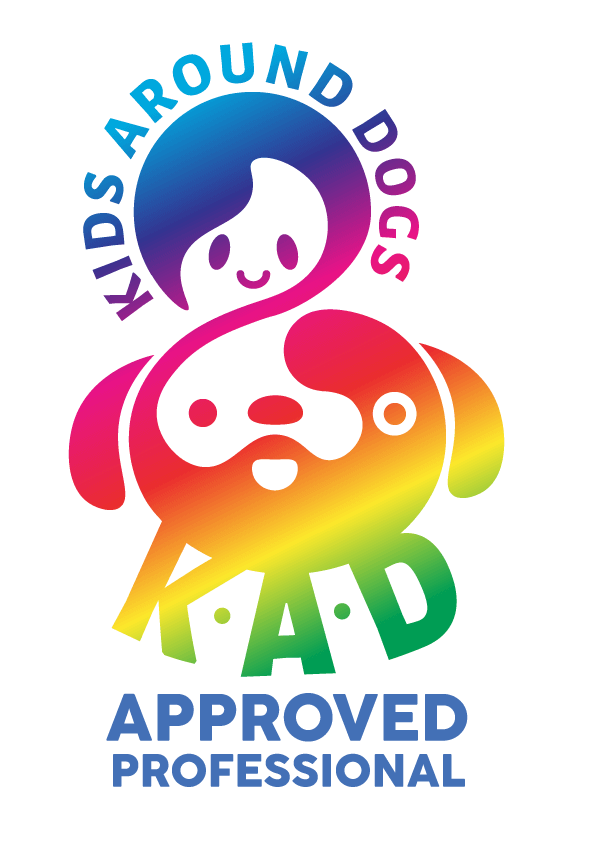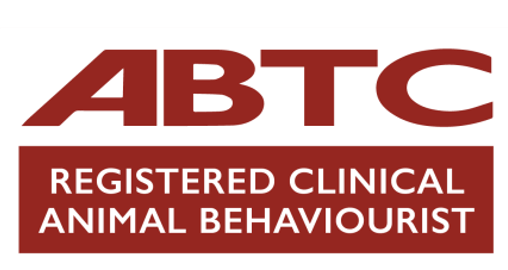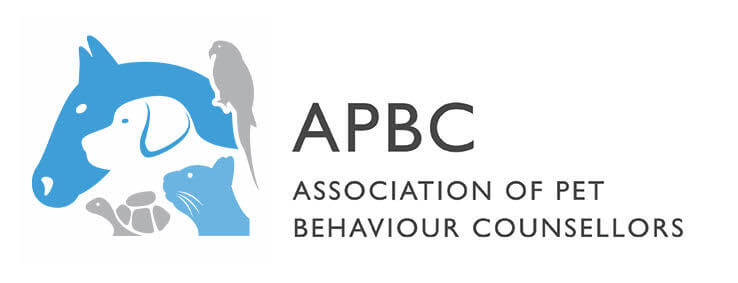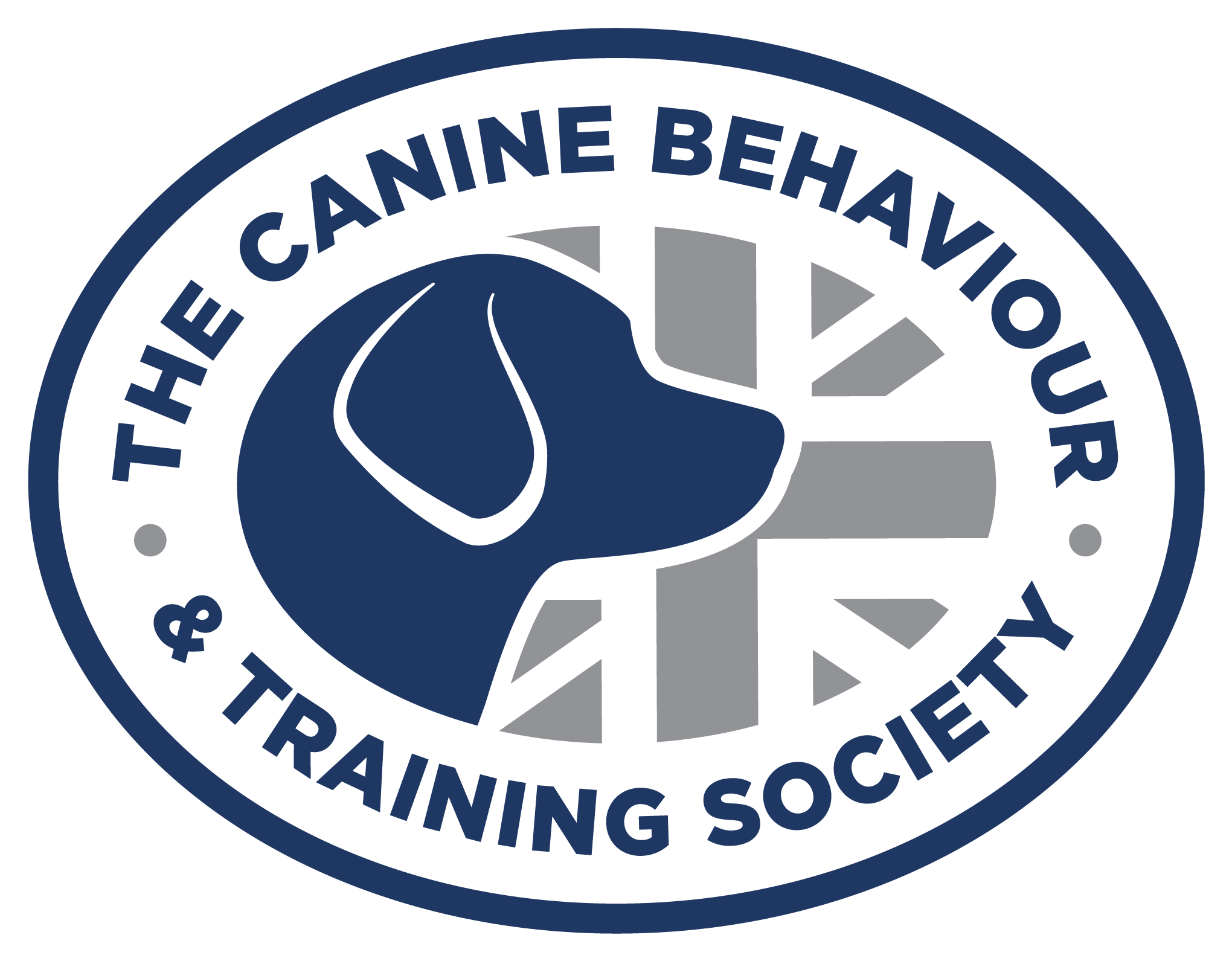While many dog owners will tolerate a dog that pulls on the lead or is destructive when left alone, aggression is problem most owners won’t tolerate. In my role as a dog trainer and behaviour specialist, I help clients understand why their dog behaves in such a way and how to deal with aggressive behaviours in a calm and consistent way.
I always ask my clients to have a vet check prior to their consultation, particularly in cases of aggression, as often physiological reasons can lead to unwanted aggressive behaviours. For example, a dog that is in pain may start to exhibit an increased aggressive behaviour towards its owners when touched. So, understanding of the internal states and environmental influences affecting a dog’s behaviour is vital. While much focus is placed on learning theory and behaviour analysis, it’s important to appreciate the biology of behaviour and how the nervous system (which includes the brain, spine and neurons) affects the endocrine system, which is mainly responsible for chemical co-ordination within the body.
Neuropsychology is the science of the relationship between the nervous system and behaviour. And studies made by researchers at Zaragoza University in Spain, found that aggressive dogs often have low levels of serotonin – which affects mood, pain, emotion, sleep and appetite.
Serotonin is often released when, for example, we eat; it gives a feeling of contentment or what I call ‘The Feel Good Factor’. Low levels of this chemical are linked to depression, anxiety, learning impairment, reduced impulse control, and aggression. Findings by the Spanish researchers back up the theory that maintaining a stable and appropriate level of serotonin activity in the brain is important to maintaining adequate impulse control and reducing aggression.
The University’s researchers took blood samples from 80 dogs which had been referred to veterinary teaching hospitals because of aggressive behaviour toward humans. The blood samples were compared to those taken from non-aggressive dogs. The aggressive dogs averaged 278 units of serotonin, while the others had 387. The aggressive dogs also had high levels of cortisol, which the body secretes as a response to stress. They averaged 21 units compared to 10 in the non-aggressive dogs.
These findings should help in finding to new ways of treating canine aggression, one of the most common reasons why dogs are euthanized. The findings back previous research that has also indicated aggressive dogs are low in serotonin. According to k9aggression.com “the use of SSRI (selective serotonin reuptake inhibitor) drugs improve the aggression problem in combination with behavior modification.” However, dog owners be aware; changing such unwanted behaviour cannot be done without behaviour modification. It seems more and more owners are turning to drugs to affect their dog’s behaviour. Psychology Today reported there has been enough demand for Prozac for dogs that the pharmaceutical company, Eli Lilly, has created a beef-flavoured version of the drug.
If you’re experiencing problems with your dog, please contact Hanne Grice at [email protected]
Note: dog owners should always seek the advice of a veterinarian and certified behaviour expert when experiencing problem behaviours such as aggression.
Learn more about our classes

Get Hanne's Book
Playing With Your Dog will help any dog owner work out the games that are best suited for their pet to play throughout his life, from puppyhood to old age. The book also shares some tricks for all ages, group activities, and recommended toys that dogs will enjoy.
























